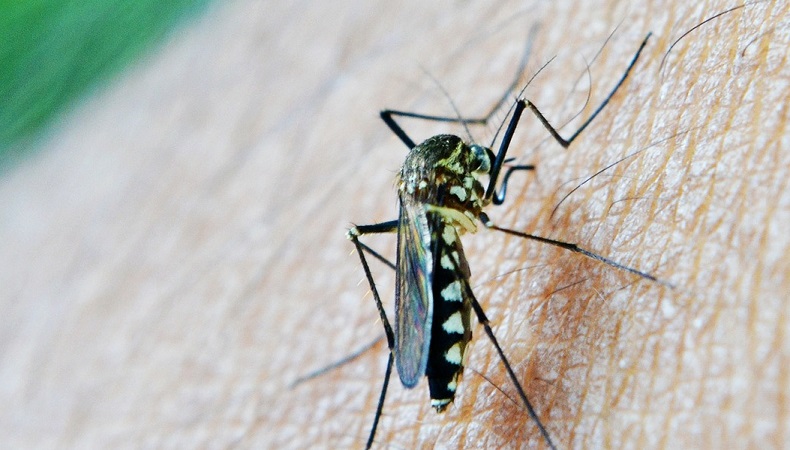WHO approves world’s 1st vaccine for children against Malaria


On Wednesday, WHO director general Tedros Adhanom Ghebreyesus endorsed the broad use of “Mosquirix” vaccine among children in sub-Saharan Africa and in other regions experiencing moderate to high malaria transmission. “This is a vaccine developed in Africa by African scientists and we’re very proud,” the WHO director-general said.
Findings of the pilot programme have shown promising results in reducing severe form of malaria by at least 30 percent. As per reports, the vaccine must be given to children aged 6 weeks to 17 months in order to protect them against malaria. Furthermore, it has been clarified that the vaccine requires a minimum of four doses up to the age of two and its protection can fade after several months.
Scientists have reassured that the vaccine can significantly help in protecting thousands of children dying of malaria in many sub-Saharan African countries. Caused by parasites transmitted to people by bites of infected mosquitoes, some of the symptoms of malaria include fever, sweating, headaches, muscle pain and cycles of chills.
“The vaccine is feasible to deliver. It’s also reaching the unreached. Two thirds of children who don’t sleep under a bed net in those countries are now benefiting from the vaccine,” said Kate O’Brien, Director of WHO’s Department of Immunization, Vaccines and Biologicals.
The WHO also noted that the side effects of the vaccine were rare, but there were signs of fever in temporary convulsions. With the vaccine approved, the next major step would be procuring funding to reach as many children in need as possible. “That will be the next major step. Then we will be set up for scaling of doses and decisions about where the vaccine will be most useful and how it will be deployed,” O’Brien added.
The disease has resulted in majority of deaths in African continent of 1.3 billion population. According to WHO estimates, malaria has killed 386,000 Africans in 2019.




